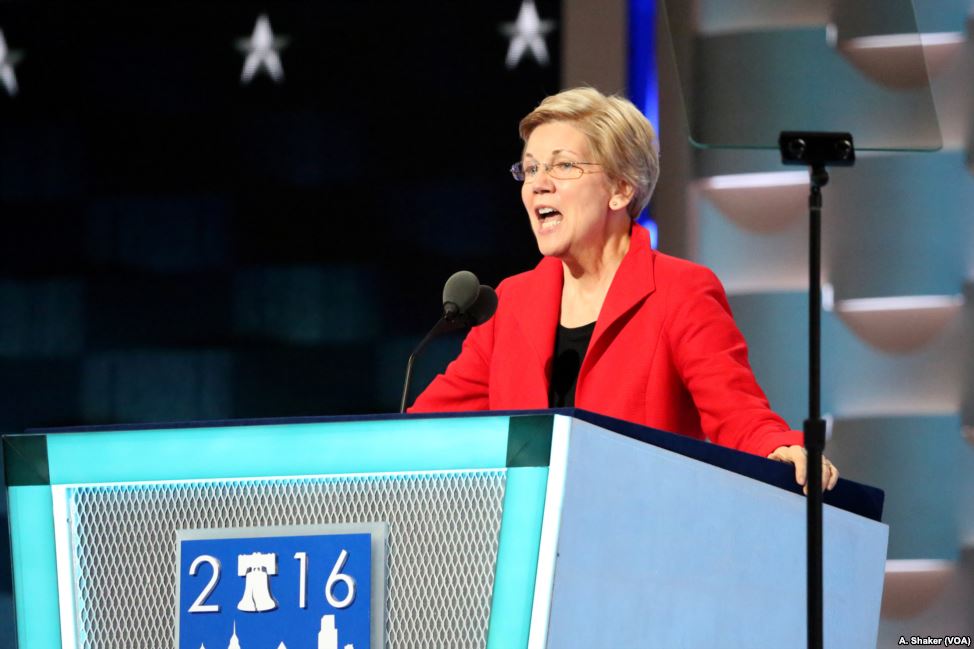Elizabeth Warren and the Folly of Genetic Ancestry Tests
By Alondra Nelson,
The New York Times
| 10. 17. 2018
This week, Senator Elizabeth Warren of Massachusetts announced that geneticists had analyzed her DNA and proved her longstanding claim that she has Native American ancestry. Senator Warren had caved in to months of ridicule by President Trump, who mocked her using a racist term and ultimately refused to believe her “useless” DNA test.
The question is not whether her DNA analysis is accurate. It’s whether it can tell us anything meaningful about identity. The truth is that sets of DNA markers cannot tell us who we really are because genetic data is technical and identity is social. The science in question is a form of chromosome mapping similar to that used in the billion-dollar genetic ancestry testing industry in the United States. That testing draws on incomplete data about human genetic diversity.
In this case, the “reference set” included samples drawn from 37 people “from across the Americas with Native American ancestry.” Nevertheless, this genetic analysis did locate five chromosome segments that strongly suggest indigenous ancestry. In his report, the geneticist Carlos Bustamante of Stanford University cautioned that it did...
Related Articles
By Scott Solomon, The MIT Press Reader | 02.12.2026
Chris Mason is a man in a hurry.
“Sometimes walking from the subway to the lab takes too long, so I’ll start running,” he told me over breakfast at a bistro near his home in Brooklyn on a crisp...
By Katrina Miller, The New York TImes | 02.05.2026
Joseph Yracheta: The Native Biodata Consortium is the first nonprofit data and sample repository within the geographic bounds and legal jurisdiction of an American Indian nation, on the Cheyenne River Sioux Reservation in Eagle Butte, S.D.
NativeBio participated in a ...
By David Jensen, California Stem Cell Report | 02.10.2026
Touchy issues involving accusations that California’s $12 billion gene and stem cell research agency is pushing aside “good science” in favor of new priorities and preferences will be aired again in late March at a public meeting in Sacramento.
The...
By Lauren Hammer Breslow and Vanessa Smith, Bill of Health | 01.28.2026
On Jan. 24, 2026, the New York Times reported that DNA sequences contributed by children and families to support a federal effort to understand adolescent brain development were later co-opted by other researchers and used to publish “race science”...




